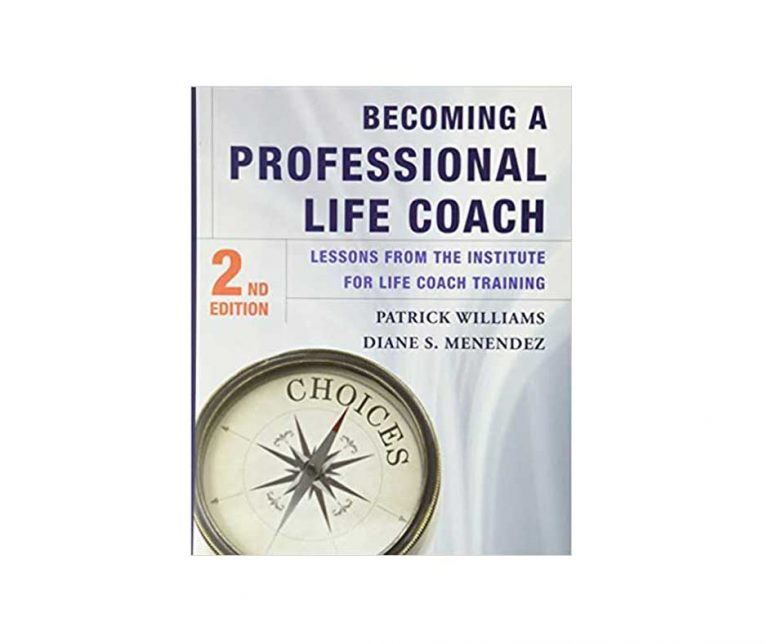Life Coach in Your Pocket; Navigating *those* Holiday Conversations

Why does Bob disagree with everything, every Thanksgiving?
Why is Aunt Sally so easily offended?
Why can’t we just relax and enjoy our holiday together?
Every relationship issue is, at heart, an identity problem.
The secret to staying sane in the midst of crazy relatives is understanding it’s not about you, it’s an identity issue. You can learn to respond in a way that at the very least allows you to enjoy the day.
When your brother-in-law Bob insists on being right in every conversation, it’s not that he thinks you are stupid. It’s because he has a deep need to be admired.
When your Great Aunt Sally constantly harps on how terrible the Democrats are and is offended when you don’t agree with her, she isn’t actually attacking your opinions, she is trying to feel relevant or validated.
Anytime there is a dysfunctional, uncooperative, disrespectful, rude, abusive, or intolerance issue in a relationship, it is because one or both parties have an identity problem. The only other possibility is a physical problem in the brain such as a mental disorder, disability, chemical dependency or medication causing anti-social behavior.
Apart from those kinds of conditions, there is only one other predictor of behavior – what we believe is true about ourselves, about others, about the world and about our place in the world. Those beliefs make up our identity and they determine how we respond to people.
Understanding Why They Behave That Way
Why we behave as we do is to get our needs met.
How we behave is determined by our identity beliefs.
When Bob contradicts you on Every. Single. Point you make, as annoying as it is, it has nothing to do with you. People who constantly have to prove they are right, have an identity issue – they believe they are an expert and they have to prove it in order to earn the admiration they crave.
Bob has an emotional need for admiration (or something similar), and because he believes he is smarter than everyone else, he strives to earn that admiration by demonstrating how smart he is. If you push back, you aren’t just questioning his facts, you are putting his self-worth at risk because you aren’t giving him the admiration he needs.
It’s the same for Aunt Sally and every other person in the room. Aunt Sally has emotional needs. Maybe at 89 years old she wants to feel she is still relevant and respected. If part of her identity is as a staunch Eisenhower Republican, she will defend his policies as the best ones and be offended if you disagree. Not because her beliefs are still true 70 years after Eisenhower left office, but because:
Disagreeing with her beliefs is attacking a part of her identity.
Anytime someone feels their identity is being attacked, they go on the defensive. By trying to point out the realities of life and politics in the 2020’s, you aren’t actually having a factual discussion, like you thought. Deep in her subconscious Aunt Sally feels you are questioning her relevance and disrespecting her wisdom.
How to have a more enjoyable holiday
Change how you respond
While we can’t fix others and it is not our responsibility to change who we are so we can meet their needs, we can take responsibility for our behavior.
The only reason we react badly to someone else’s behavior is because of our identity issues. Our needs aren’t getting met. If you can simply accept their behavior with a shrug, knowing it doesn’t rock your world, it’s because you are comfortable with who you are. Your emotional needs are satisfied and you don’t need them to validate, approve, or affirm you.
If their behavior ruins your day in some way, it is because you wanted something from them and it didn’t happen.
Remember, identity is the story we tell ourselves about who we are, about who others are, about the world in general and about our place in it. Identity includes our expectations of how the world, and other people, should be.
If we are experiencing a dysfunctional relationship, the only thing we can control is the story we tell ourselves about what we expect.
Coaching Questions
Who makes you angry, frustrated, sad, etc?
Do you write them off as a jerk, yell back, avoid them? Why? What is the story you are telling yourself about what their behavior means to your life?
If your response to them is dismissive, or anger, or avoidance, or any other dysfunctional response, that is a clue the story you are telling yourself includes an expectation they need to act a certain way so you feel good.
What is your story, or expectation about how other people “should” behave?
Those “shoulds” are rules we create and impose on the world. When the world and other people live up to our expectations, we feel comfortable because one of our emotional needs is being met. When they don’t measure up, we react negatively.
Does their behavior line up with your rules and expectations?
Can you control other people’s behavior?
Is it at all possible your rules don’t line up with the reality of how people actually behave?
How can you reframe your expectations to line up with reality?
When you no longer need someone to act in a certain way in order to meet your expectations and emotional needs, you can respond to them in a way that is healthy. Maybe you need to walk away quietly. Maybe you can simply listen without comment. Maybe you can acknowledge their needs in some way.
Whatever you do, it’s because you intentionally choose that response. You can choose to have an enjoyable holiday, free from being tweeked by crazy relatives!
What if your frustration isn’t how someone is talking to you, but about how someone you love is being mistreated?
Show them this article and process through expectations and emotional needs together!





